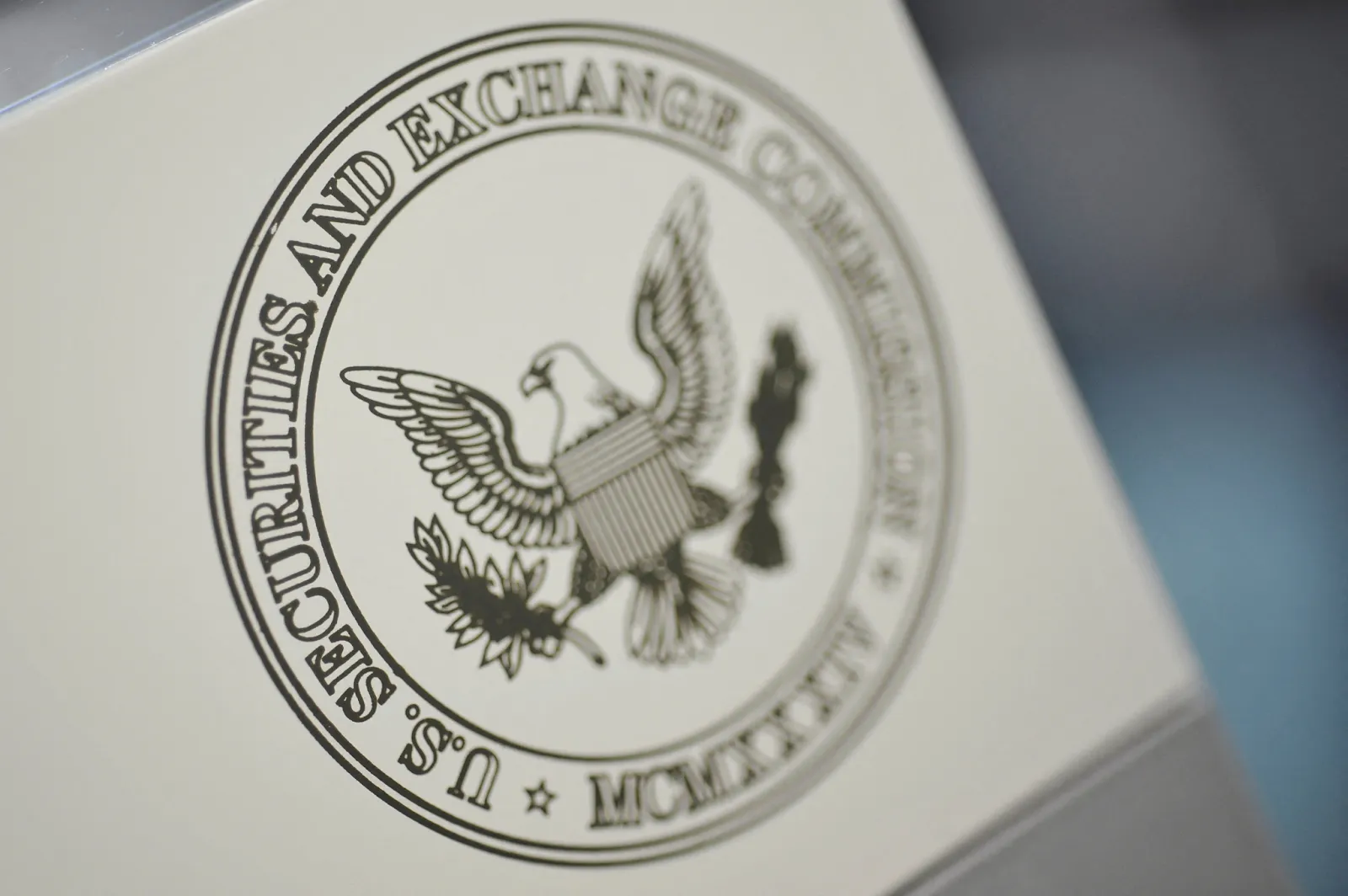SEC freezes assets of investment adviser BKCoin, alleges $100 million crypto fraud scheme
BKCoin Management LLC, based in Miami, and its principal, Kevin Kang, were the subject of an emergency action on Monday by the Securities and Exchange Commission.
Assets were frozen, a receiver was appointed, and another emergency relief was obtained, according to the SEC. This action was filed under seal on Feb. 23 and had been unsealed on Monday, according to the SEC.
The Securities and Exchange Commission said in a news release that between October 2018 and September 2022, BKCoin raised about $100 million from at least 55 investors to invest in crypto, but the firm and Kang allegedly used the money for their own personal use and Ponzi-like payments, according to the SEC. Ponzi schemes are a type of fraud that involves paying profit to earlier investors from money raised by newer investors through a series of investments.
“The plaintiffs allege that investors entrusted their money to the defendants in order to trade in crypto assets with their money. As a matter of fact, the defendants misappropriated their money, created false documents, and even engaged in Ponzi-like conduct,” said Eric I. Bustillo, director of the SEC's Miami regional office, in a statement.
Both of the defendants are being sued by the SEC under the United States District Court for the Southern District of Florida. The complaint seeks permanent injunctions, disgorgement, prejudgment interest, and civil penalties; and Kang is being sued for an officer and director bar and conduct injunction.
Neither BKCoin nor Kang's lawyers immediately responded to requests for comment.
According to the SEC statement, BKCoin and Kang promised investors their money would be used to trade crypto and that BKCoin would generate returns through managed accounts and five private funds. Nevertheless, the SEC alleges that Kang and BKCoin made Ponzi-like payments to investors using over $3.6 million.
The complaint also alleges that Kang used at least $371,000 of investor money for personal expenses like vacations, sporting events, and a New York City apartment in addition to paying for investor expenses like vacations and sporting events. In an attempt to conceal the unauthorized use of the funds, the SEC found that he altered documents in an effort to provide "inflated bank account balances to the third-party administrator."
It is also reported in the SEC filing that the firm also misled investors by telling them that BKCoin or one of the funds had received an audit opinion, even though it hadn't. In financial statements, an audit opinion is a report provided by an independent auditor, which accompanies them.
“With this action, we continue to demonstrate our commitment to protecting investors and combating fraud in all securities sectors, including the crypto asset arena,” stated Bustillo in a statement.
There has been a series of crackdowns on crypto assets by the Securities and Exchange Commission. Last month, the firm charged former NBA player Paul Pierce with $1.4 million for promoting crypto tokens without disclosing that he was being paid for his promotion as well as Terraform Labs and CEO Do Kwon with schemes to defraud crypto investors. The Securities and Exchange Commission has been cracking down on cryptocurrency exchanges, including Kraken, a popular crypto exchange, for its failure to register its crypto staking program earlier this month, which resulted in the exchange being fined $30 million.

Subscribe to our newsletter!
As a leading independent research provider, TradeAlgo keeps you connected from anywhere.








